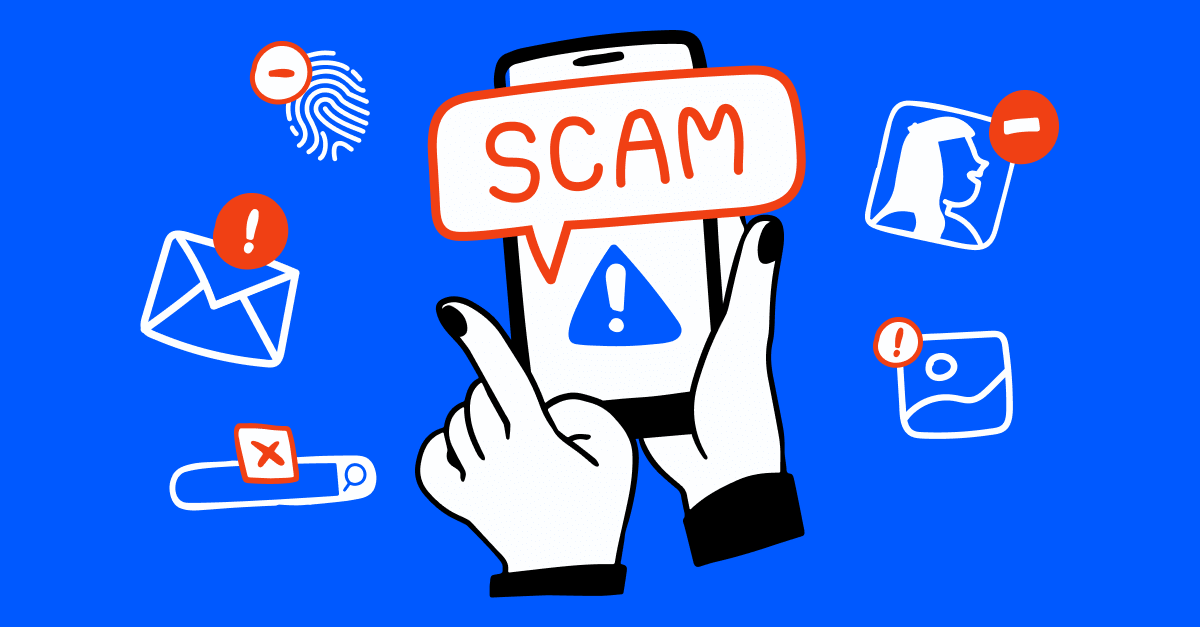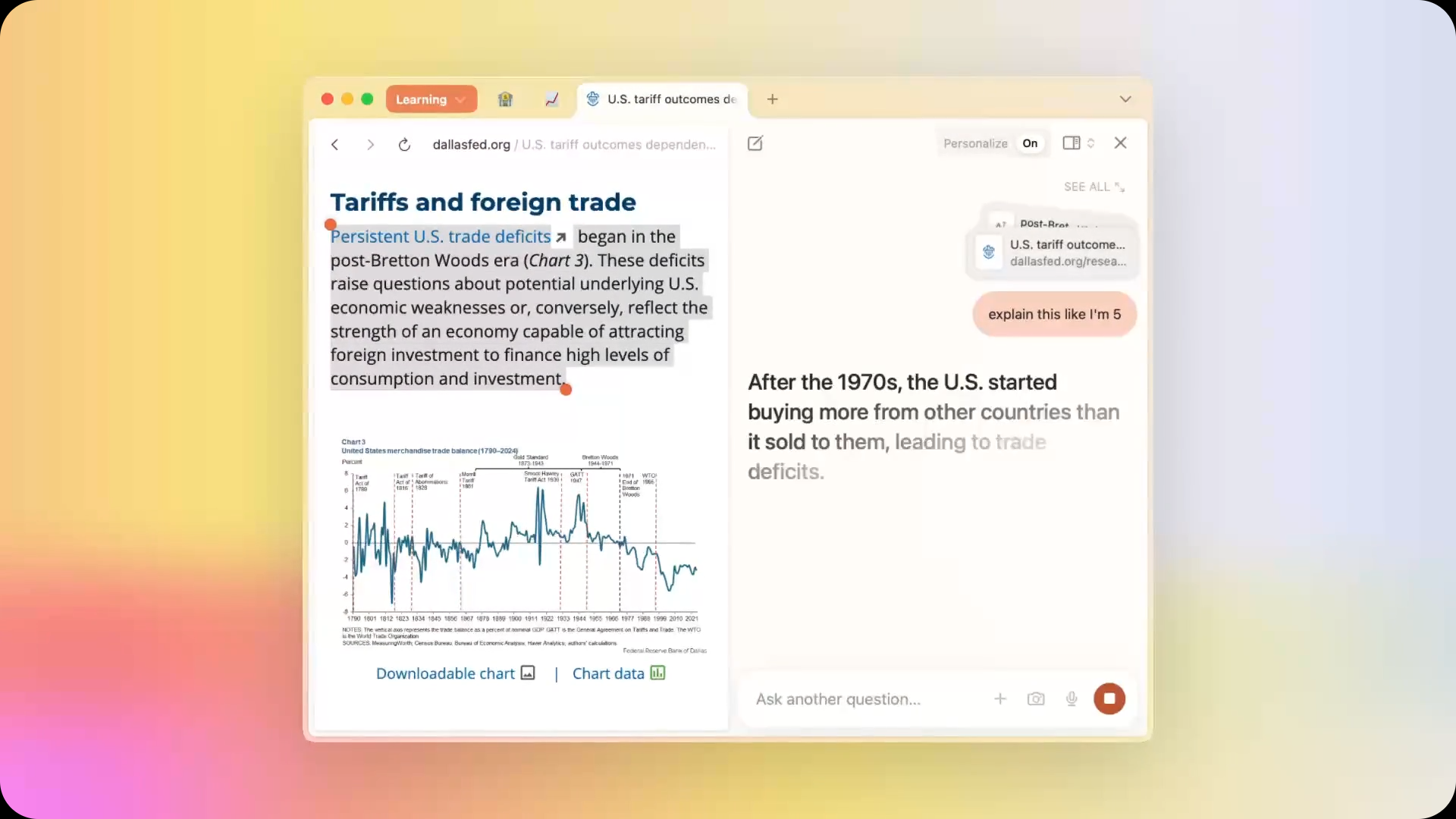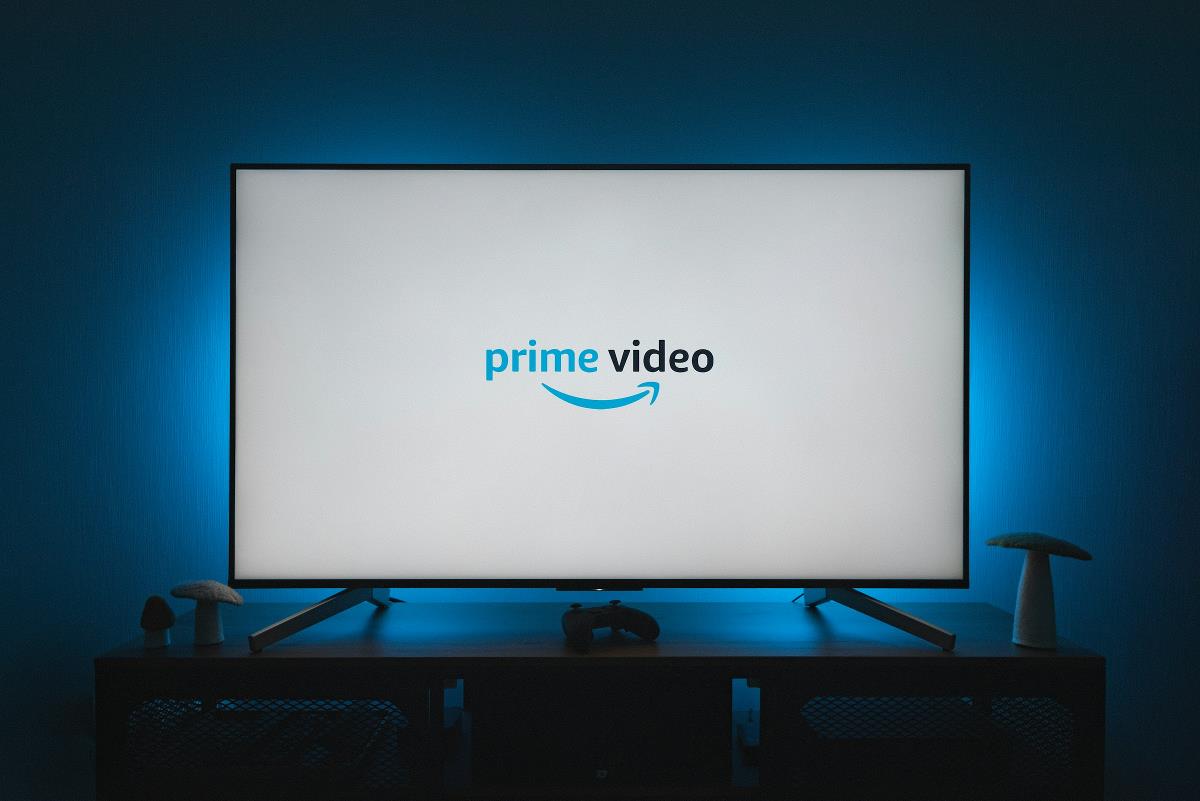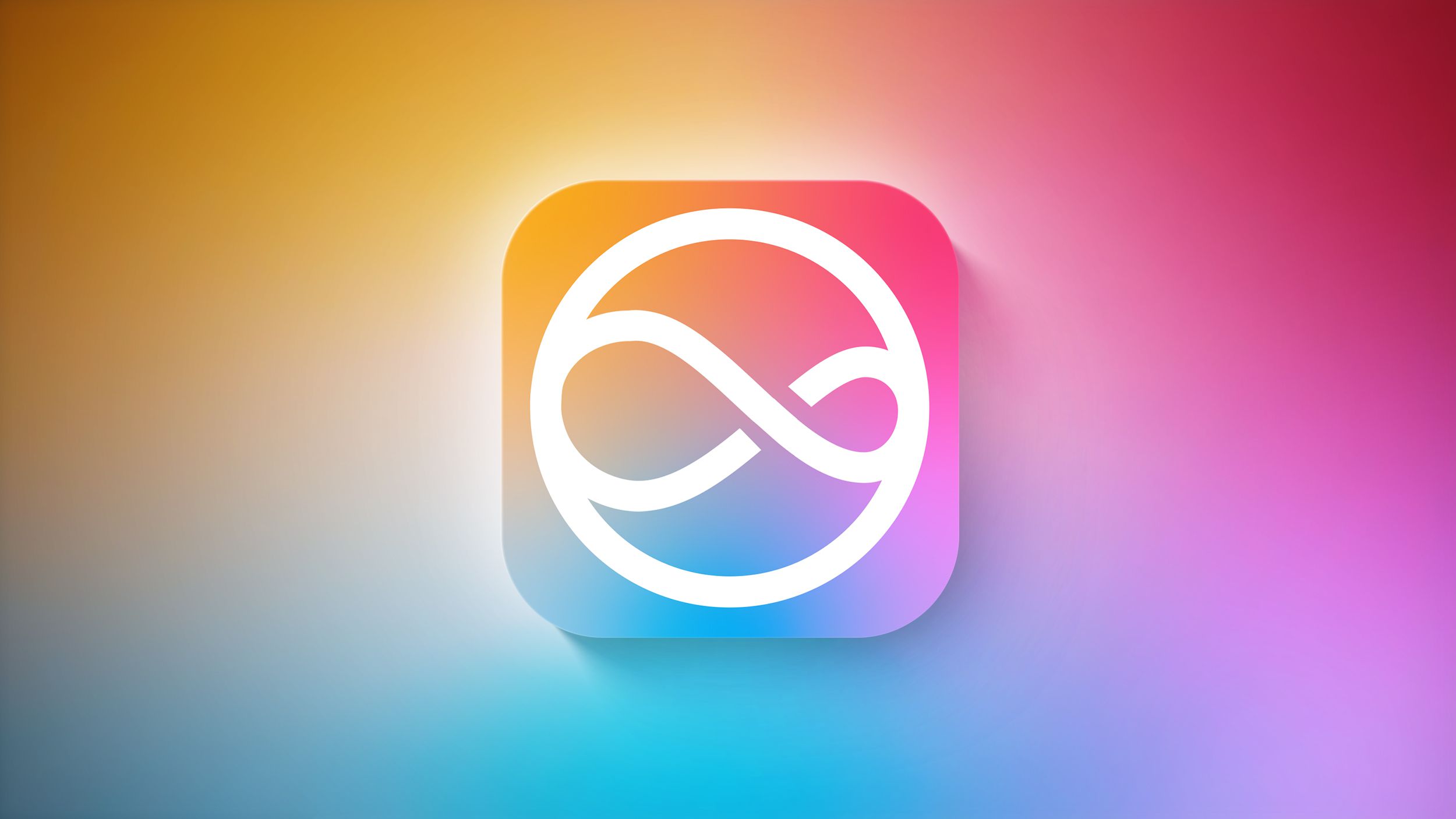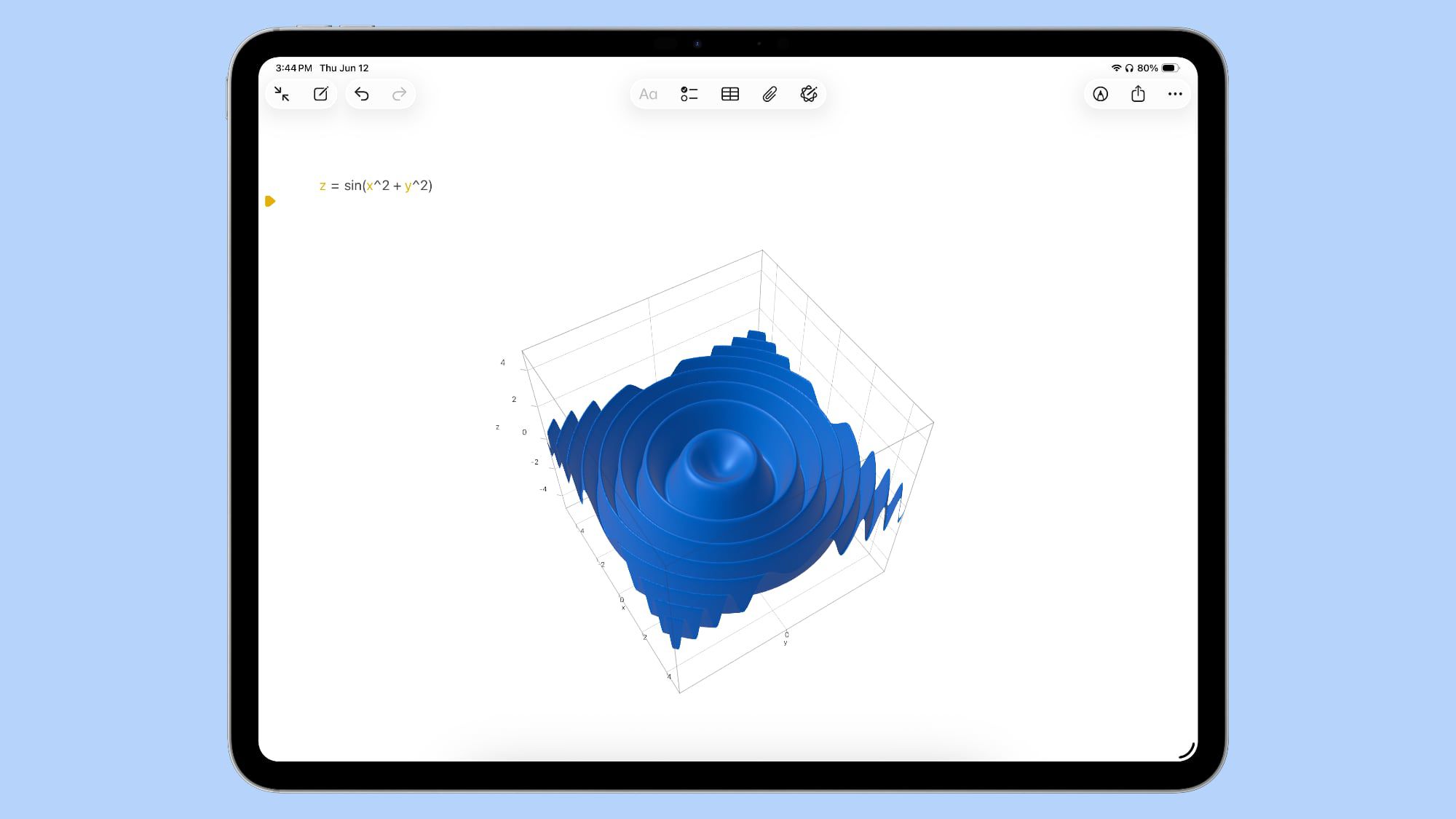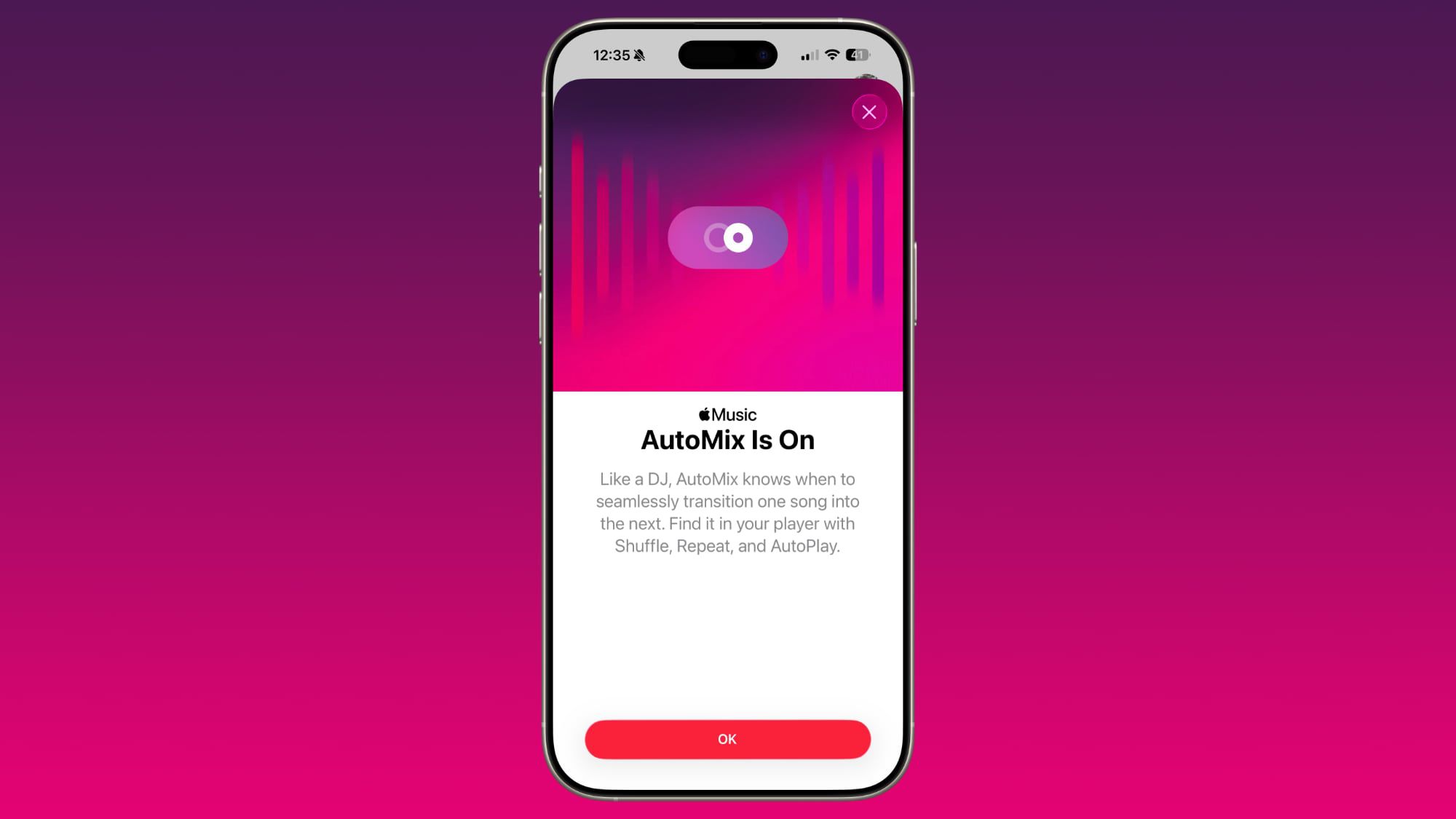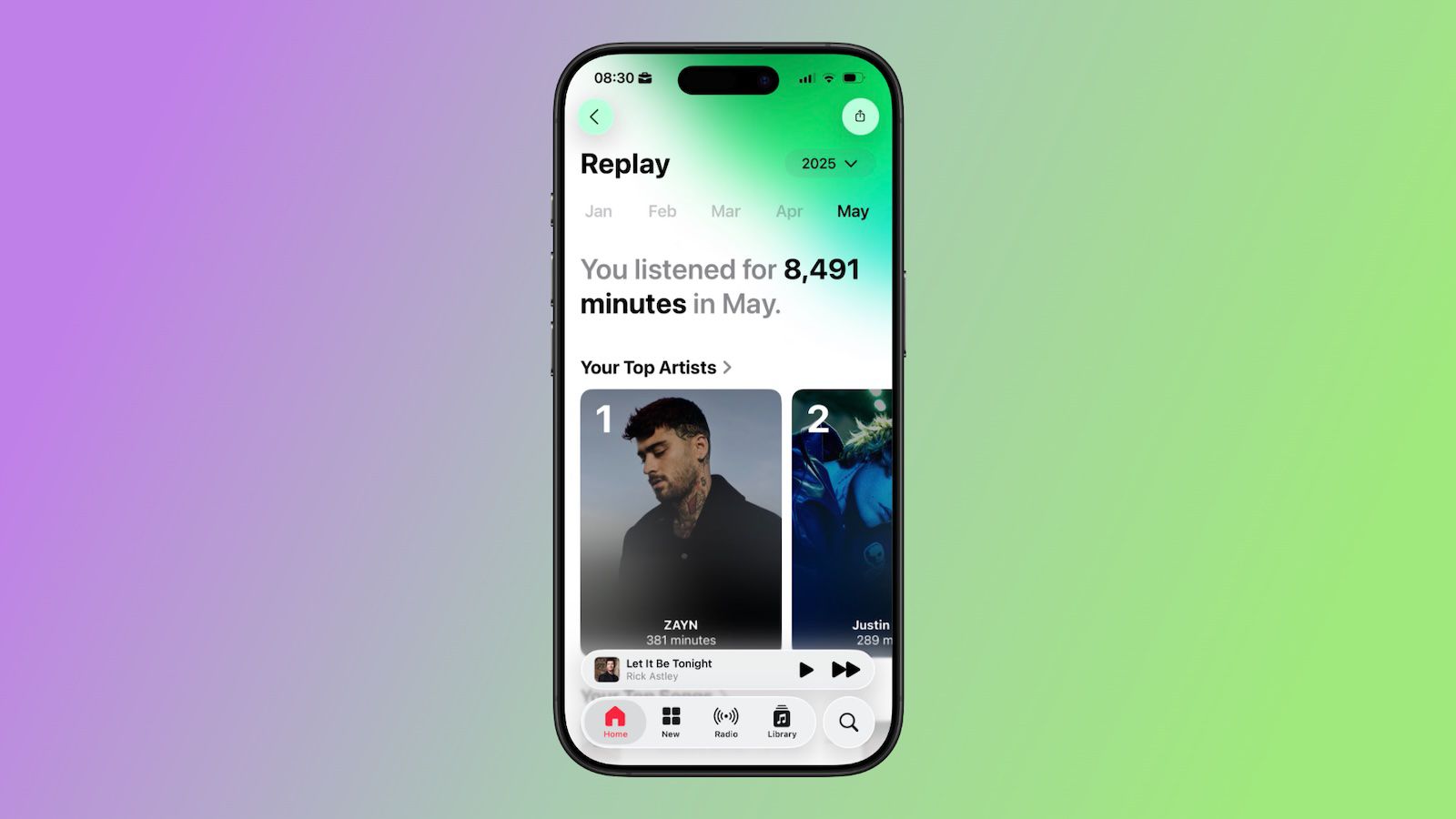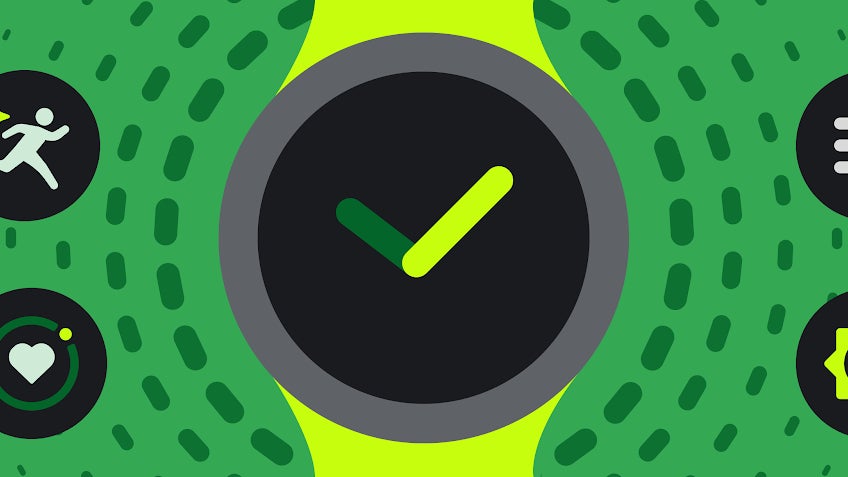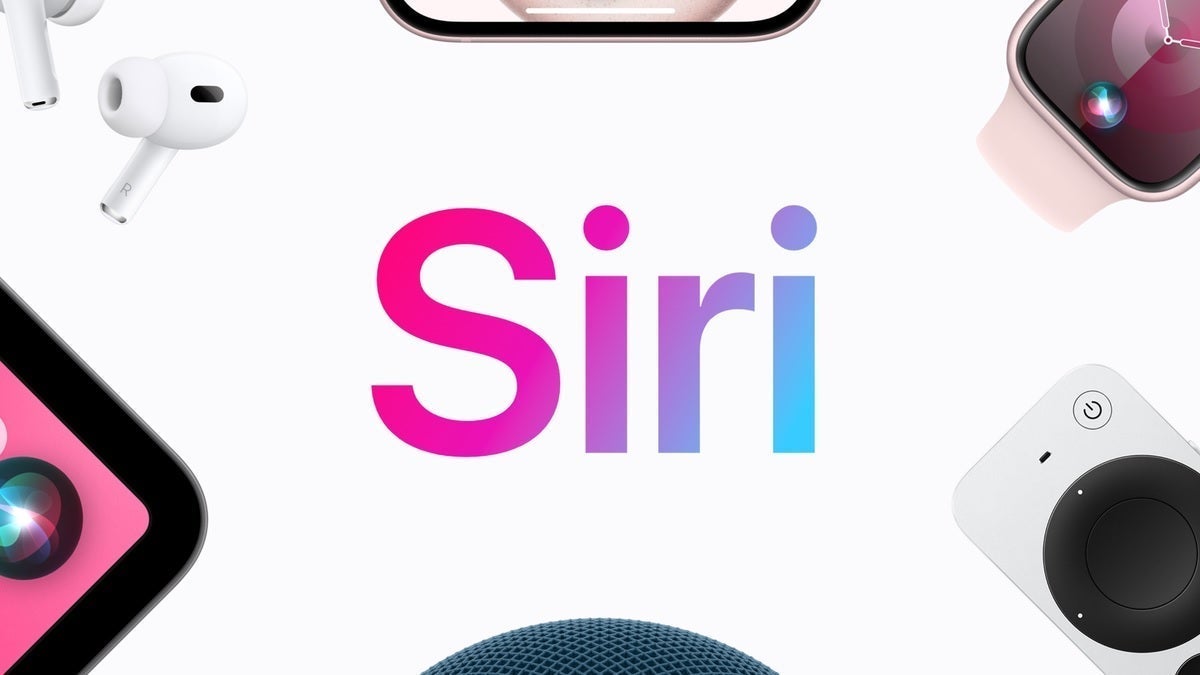This tiny ChatGPT feature helps me tackle my days more productively
ChatGPT still hasn’t fulfilled the most grandiose promises of its early days, and that’s something I’m mostly grateful for—largely because it has yet to replace me and my entire profession. But over the last few years, it has evolved more and more into the virtual personal assistant it always had the potential to be. Scheduled tasks are part of that. A scheduled task is an automated prompt that’s performed in the future and/or in a recurring pattern. You can do things like have the AI pop up and remind you to do certain tasks on certain days at certain times, give you a topical news briefing every morning, scrape and analyze data once per week, and more. And I’ve found it impressively useful. It’s only available through the o3 and o4-mini models, which means you’ll need to pay for ChatGPT Plus or higher—but scheduled tasks makes the price of a sub easier to swallow. Here’s how ChatGPT’s scheduled tasks helped me develop a healthier daily routine. Setting the stage for a successful day As a freelance writer, I’m blessed with work-life autonomy. No one expects me to clock in at a certain time every morning, nor am I expected to be on the clock throughout the day. I write mostly what I want, largely when I want, and as long as I get the work done within a reasonable time frame, I get paid for it. That suits me very, very well. And like most independent contractors, that leaves me at the mercy of my own self-motivation and ability to concentrate. I’ve long struggled with procrastination, though, and that’s why I loved scheduled tasks. My scatterbrain style somehow adores routine—if I can sink into one, I find it hard to stop. Scheduled tasks help me sink into routine. These email reminders are sent by ChatGPT as scheduled tasks. I appreciate that every alert uses a slight variation in text. It keeps me from glossing over them.Jon Martindale / Foundry For example, I struggle to just get started every day. With no hard schedule to stick to, it’s easy to let the work day slip away from me. What starts as a 9 AM morning becomes 9:30 AM start after a quick school dropoff, then 10 AM after a quick scroll of Reddit, then 10:30 AM after a quick dog walk, then 11 AM… you get the idea. So my first foray into ChatGPT being my virtual assistant was to establish a strong start to my days. I now have a daily 10:30 AM reminder: “If you haven’t started yet, it’s time to.” I should probably move that earlier, but I know myself—if it’s too aggressive, I’ll just ignore it. Better for it to be a last resort nudge than an obnoxious provoker. The results so far have been mixed. If I haven’t started work and I see the email come through, or the notification pops up within the app, it’s usually enough of a kick in the rear to put down whatever I’m distracted by. And the slight variations in the reminder messages make them harder to ignore than standard alarms and calendar events. But I’ll be honest: sometimes I just don’t care what ChatGPT wants me to do and prefer to keep wasting my time. Other days I’m already working when the alert comes through, to which I feel a bit smug. Eat that, ChatGPT. Keeping me consistent with my habits Where scheduled tasks are more useful, I think, is in the small things. The tiny habits we wish we could be more consistent with. The small-effort tasks that only take a minute or two but keep slipping your mind. I’ve had chronic back pain for years, so I rely on various tools and tricks to fix it and prevent flare-ups. ChatGPT’s scheduled tasks are the latest addition to that toolbox. I now have it toss me reminders twice a day during the work week to stretch and do some quick back and posture exercises, like holding a primal squat for as long as I can. A true-to-life model of what I look like without all my posture efforts.Igor Omilaev / Unsplash I’ve seen others use similar reminders to drink more water, to check in with friends or family, to let the dog out for a wee, etc. Others use it for less regular but more engaging reminders, like weather forecasts in the morning or suggestions for what to do every weekend. The point is, regardless of your particular needs and what you want to remember, ChatGPT’s scheduled tasks work pretty well for that—especially if you already use the app or web service for other stuff. I love it because it’s so easy to do Indeed, it’s the simplicity of scheduling reminders with ChatGPT that makes me continue using it. I don’t need a separate app and I don’t need to navigate calendar months. I just spin up a new chat, spit out what I want, and ChatGPT largely understands. Creating a scheduled task is so easy. There’s no reason not to.Jon Martindale / Foundry I can get a flash of inspiration in the middle of the night, throw out a garbled request to ChatGPT full of typos—though making sure to get the time and date of the prompt right, at least—and I kno

ChatGPT still hasn’t fulfilled the most grandiose promises of its early days, and that’s something I’m mostly grateful for—largely because it has yet to replace me and my entire profession. But over the last few years, it has evolved more and more into the virtual personal assistant it always had the potential to be. Scheduled tasks are part of that.
A scheduled task is an automated prompt that’s performed in the future and/or in a recurring pattern. You can do things like have the AI pop up and remind you to do certain tasks on certain days at certain times, give you a topical news briefing every morning, scrape and analyze data once per week, and more. And I’ve found it impressively useful.
It’s only available through the o3 and o4-mini models, which means you’ll need to pay for ChatGPT Plus or higher—but scheduled tasks makes the price of a sub easier to swallow. Here’s how ChatGPT’s scheduled tasks helped me develop a healthier daily routine.
Setting the stage for a successful day
As a freelance writer, I’m blessed with work-life autonomy. No one expects me to clock in at a certain time every morning, nor am I expected to be on the clock throughout the day. I write mostly what I want, largely when I want, and as long as I get the work done within a reasonable time frame, I get paid for it. That suits me very, very well.
And like most independent contractors, that leaves me at the mercy of my own self-motivation and ability to concentrate. I’ve long struggled with procrastination, though, and that’s why I loved scheduled tasks. My scatterbrain style somehow adores routine—if I can sink into one, I find it hard to stop. Scheduled tasks help me sink into routine.
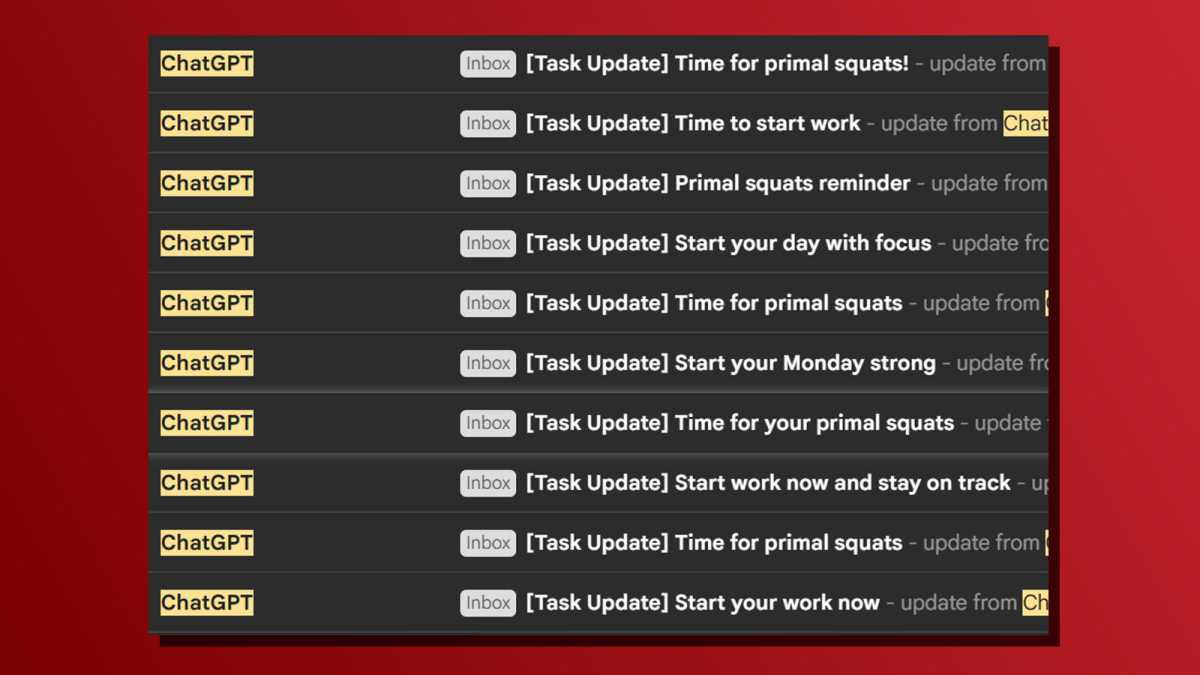
Jon Martindale / Foundry
For example, I struggle to just get started every day. With no hard schedule to stick to, it’s easy to let the work day slip away from me. What starts as a 9 AM morning becomes 9:30 AM start after a quick school dropoff, then 10 AM after a quick scroll of Reddit, then 10:30 AM after a quick dog walk, then 11 AM… you get the idea.
So my first foray into ChatGPT being my virtual assistant was to establish a strong start to my days. I now have a daily 10:30 AM reminder: “If you haven’t started yet, it’s time to.” I should probably move that earlier, but I know myself—if it’s too aggressive, I’ll just ignore it. Better for it to be a last resort nudge than an obnoxious provoker.
The results so far have been mixed. If I haven’t started work and I see the email come through, or the notification pops up within the app, it’s usually enough of a kick in the rear to put down whatever I’m distracted by. And the slight variations in the reminder messages make them harder to ignore than standard alarms and calendar events. But I’ll be honest: sometimes I just don’t care what ChatGPT wants me to do and prefer to keep wasting my time. Other days I’m already working when the alert comes through, to which I feel a bit smug. Eat that, ChatGPT.
Keeping me consistent with my habits
Where scheduled tasks are more useful, I think, is in the small things. The tiny habits we wish we could be more consistent with. The small-effort tasks that only take a minute or two but keep slipping your mind.
I’ve had chronic back pain for years, so I rely on various tools and tricks to fix it and prevent flare-ups. ChatGPT’s scheduled tasks are the latest addition to that toolbox. I now have it toss me reminders twice a day during the work week to stretch and do some quick back and posture exercises, like holding a primal squat for as long as I can.

I’ve seen others use similar reminders to drink more water, to check in with friends or family, to let the dog out for a wee, etc. Others use it for less regular but more engaging reminders, like weather forecasts in the morning or suggestions for what to do every weekend.
The point is, regardless of your particular needs and what you want to remember, ChatGPT’s scheduled tasks work pretty well for that—especially if you already use the app or web service for other stuff.
I love it because it’s so easy to do
Indeed, it’s the simplicity of scheduling reminders with ChatGPT that makes me continue using it. I don’t need a separate app and I don’t need to navigate calendar months. I just spin up a new chat, spit out what I want, and ChatGPT largely understands.

Jon Martindale / Foundry
I can get a flash of inspiration in the middle of the night, throw out a garbled request to ChatGPT full of typos—though making sure to get the time and date of the prompt right, at least—and I know it’ll do a decent enough job of reminding me of what I’ve asked.
And with email integration, I don’t even need to keep the ChatGPT app running. When I spot the email drop into my inbox, I scan the subject and I’m instantly reminded of what I needed to do. It doesn’t feel as intrusive as desktop notifications but it’s just as effective.
How to start using scheduled tasks
ChatGPT’s scheduled tasks are easy, but not quite as easy as it used to be. For some reason, OpenAI has hidden the feature behind opaque model names. It’s not available in the default 4o model. ChatGPT-4o might say it can schedule tasks, but if you try to get it to schedule something, it’ll tell you that it can’t (or that the feature is disabled for now).
Instead, you’ll have to switch to either the o3 or o4-mini models (but not o4-mini-high), and then make your scheduled task request. Both o3 and o4-mini should be able to handle it no problem, and both will give you confirmation the scheduled task request is in place once complete.
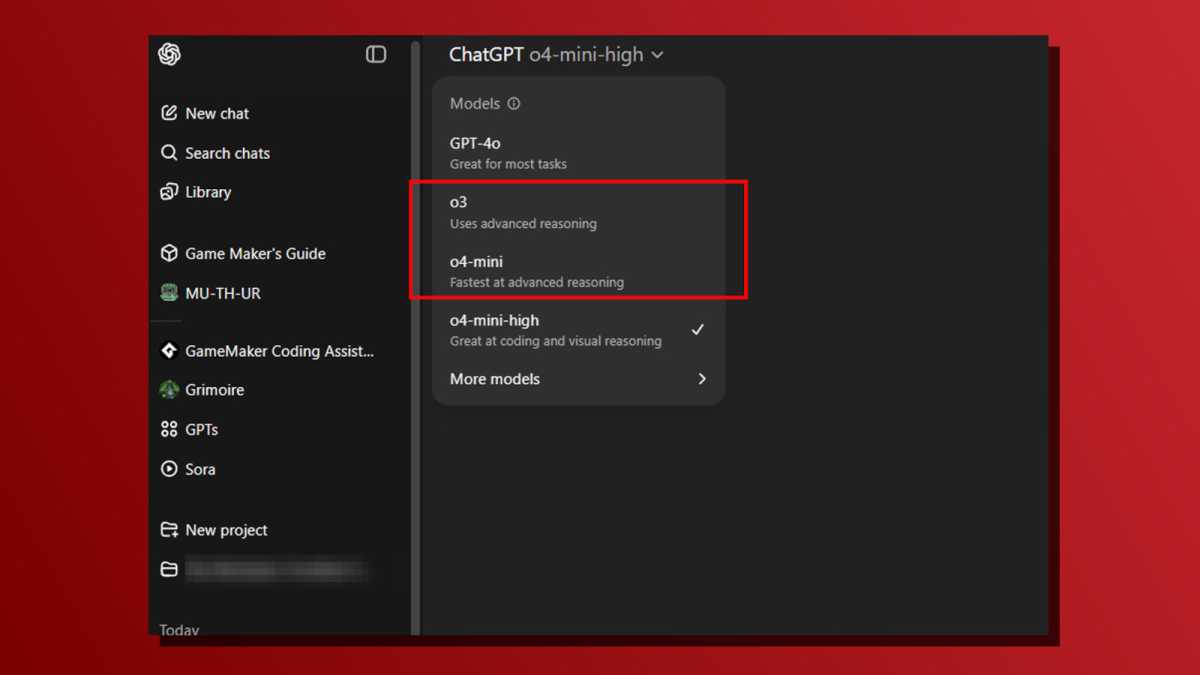
Jon Martindale / Foundry
As for the scheduled task request itself, you can pretty much word it however you want in classic ChatGPT style. “Set me a reminder to start work at 10 AM. Include a quick motivational quote to give me some pep.” is just as valid as “Remind me to work at 10.” The usual warnings of what you should never say to ChatGPT apply here.
It probably won’t replace any productivity apps or services you already use, but if you’re already paying for ChatGPT’s other features and feel like you could benefit from these flexible reminders, you should definitely try ChatGPT’s scheduled tasks. They’ve been refreshingly effective for me.
Further reading: I tried the $200/mo ChatGPT Pro so you don’t have to





































































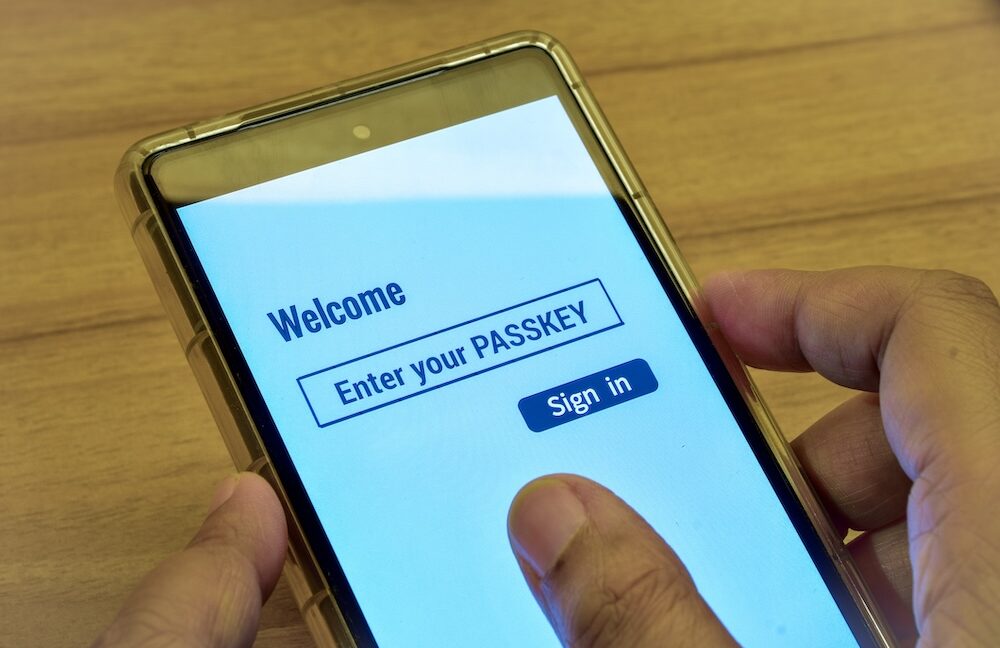
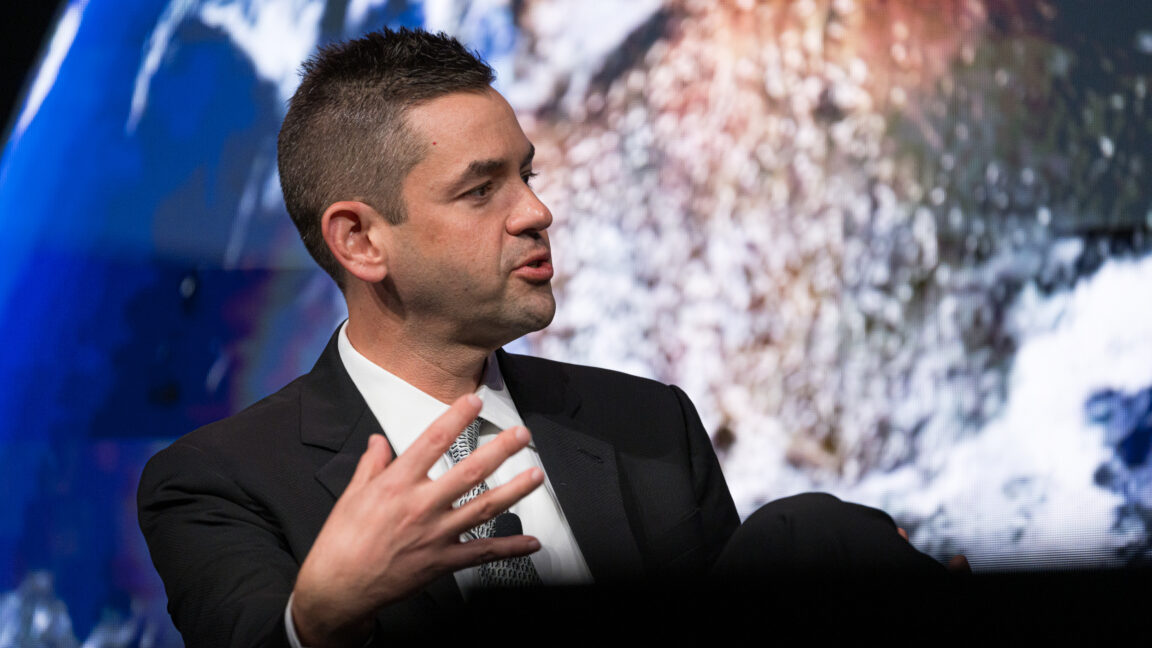

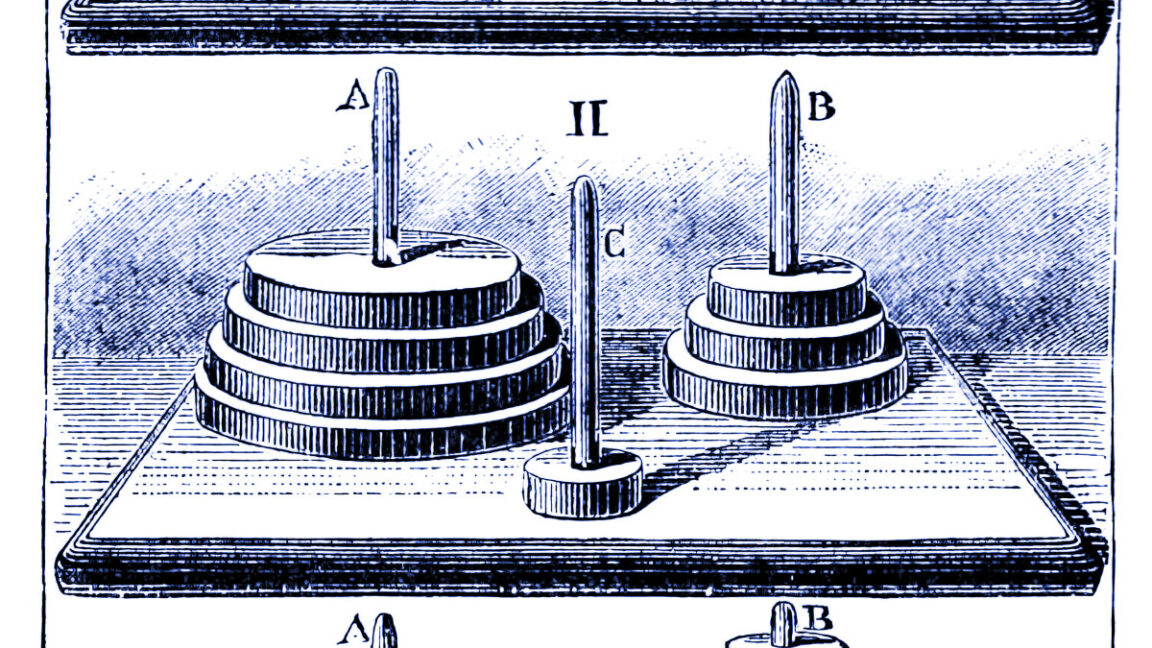













































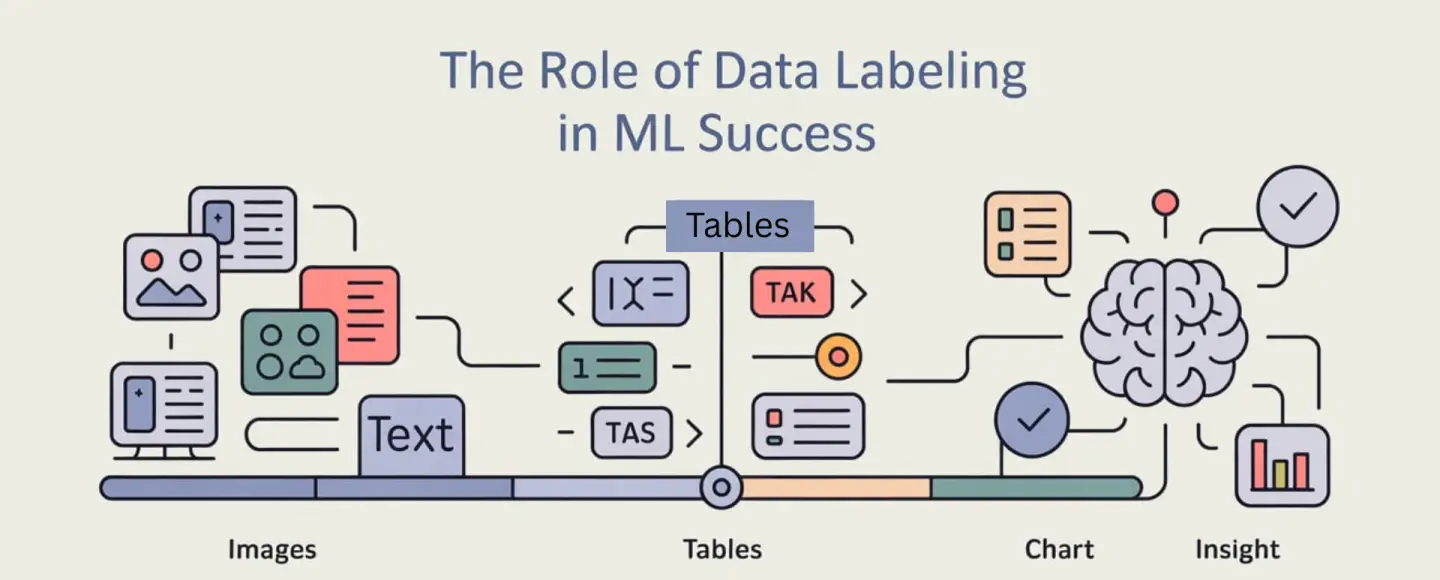
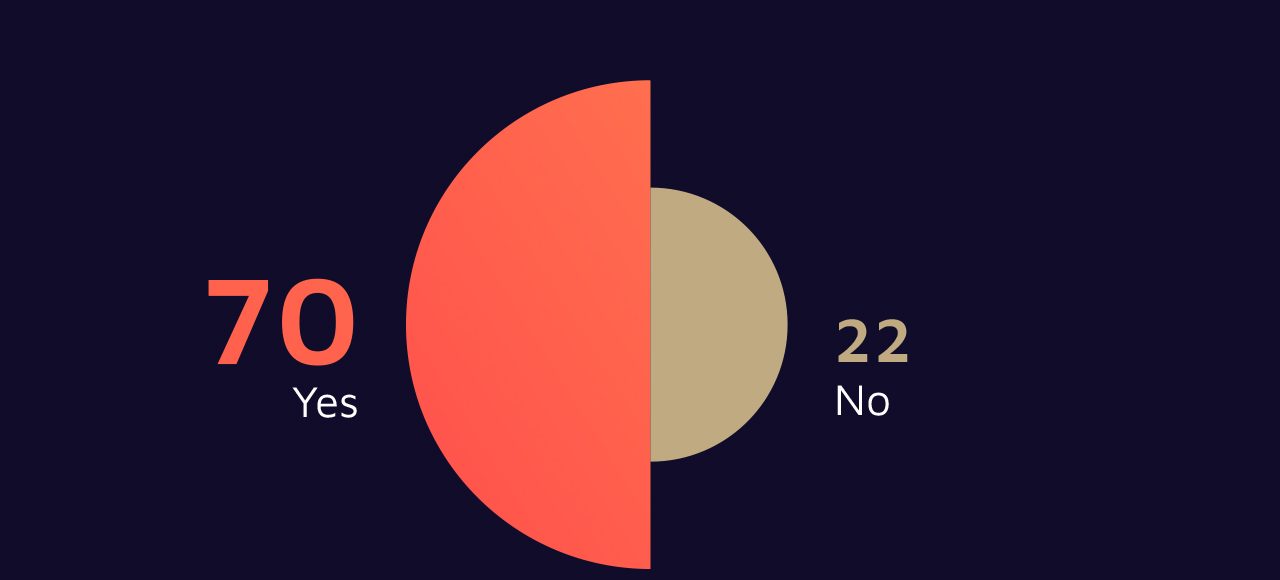
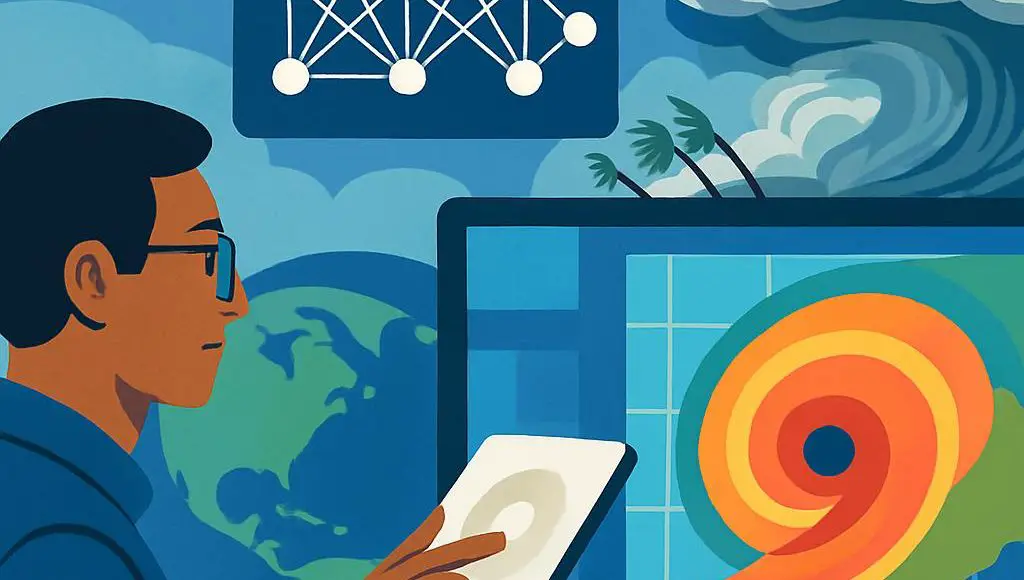
























































![[The AI Show Episode 152]: ChatGPT Connectors, AI-Human Relationships, New AI Job Data, OpenAI Court-Ordered to Keep ChatGPT Logs & WPP’s Large Marketing Model](https://www.marketingaiinstitute.com/hubfs/ep%20152%20cover.png)





















































































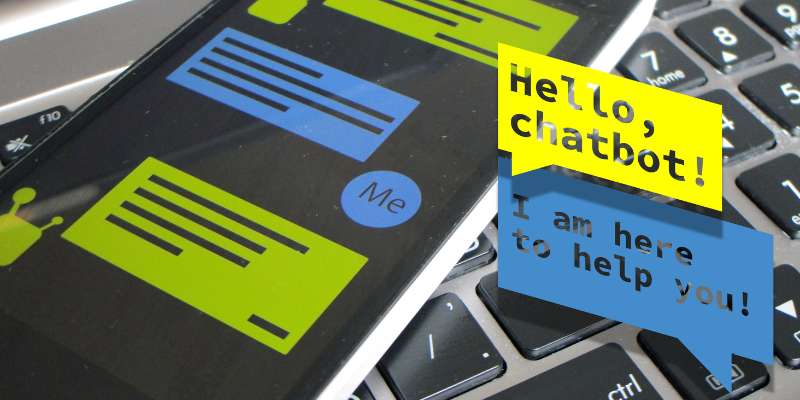
















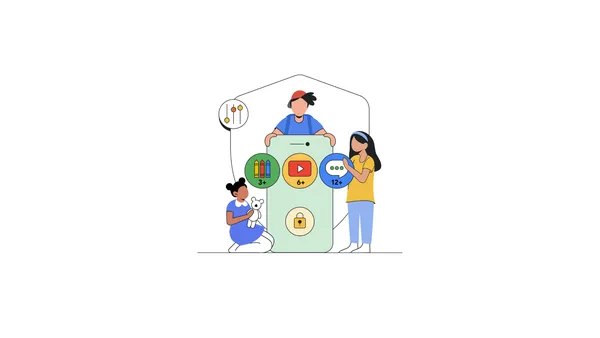
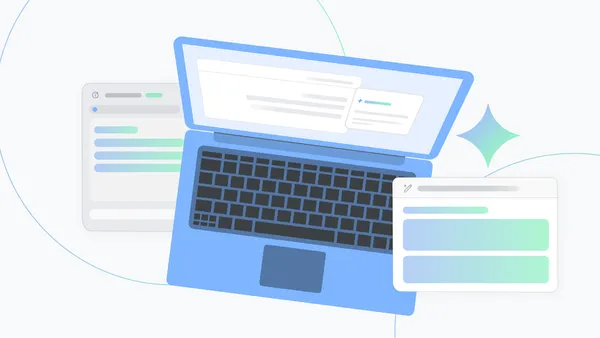






















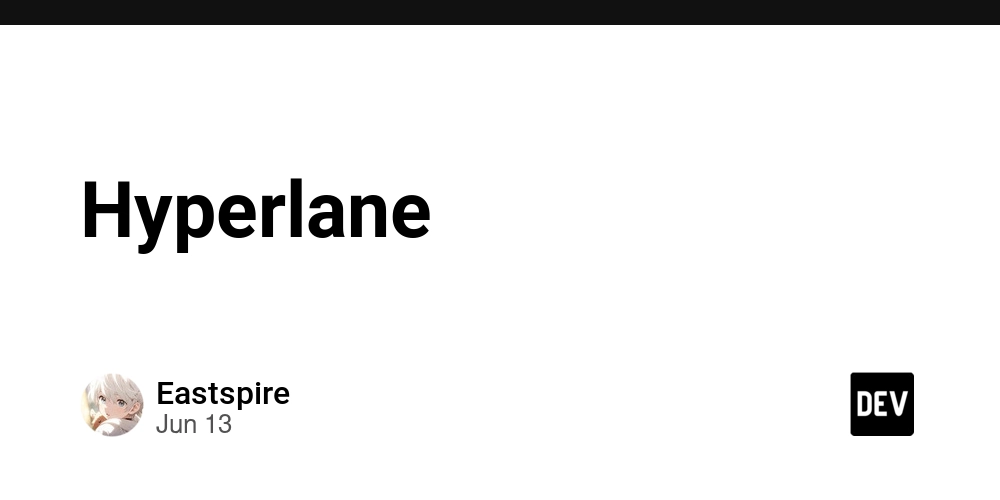






































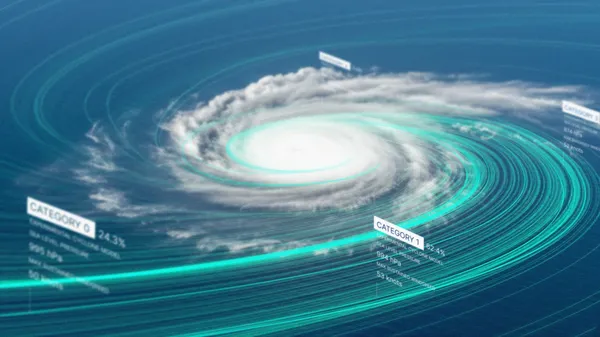





.jpg?width=1920&height=1920&fit=bounds&quality=70&format=jpg&auto=webp#)

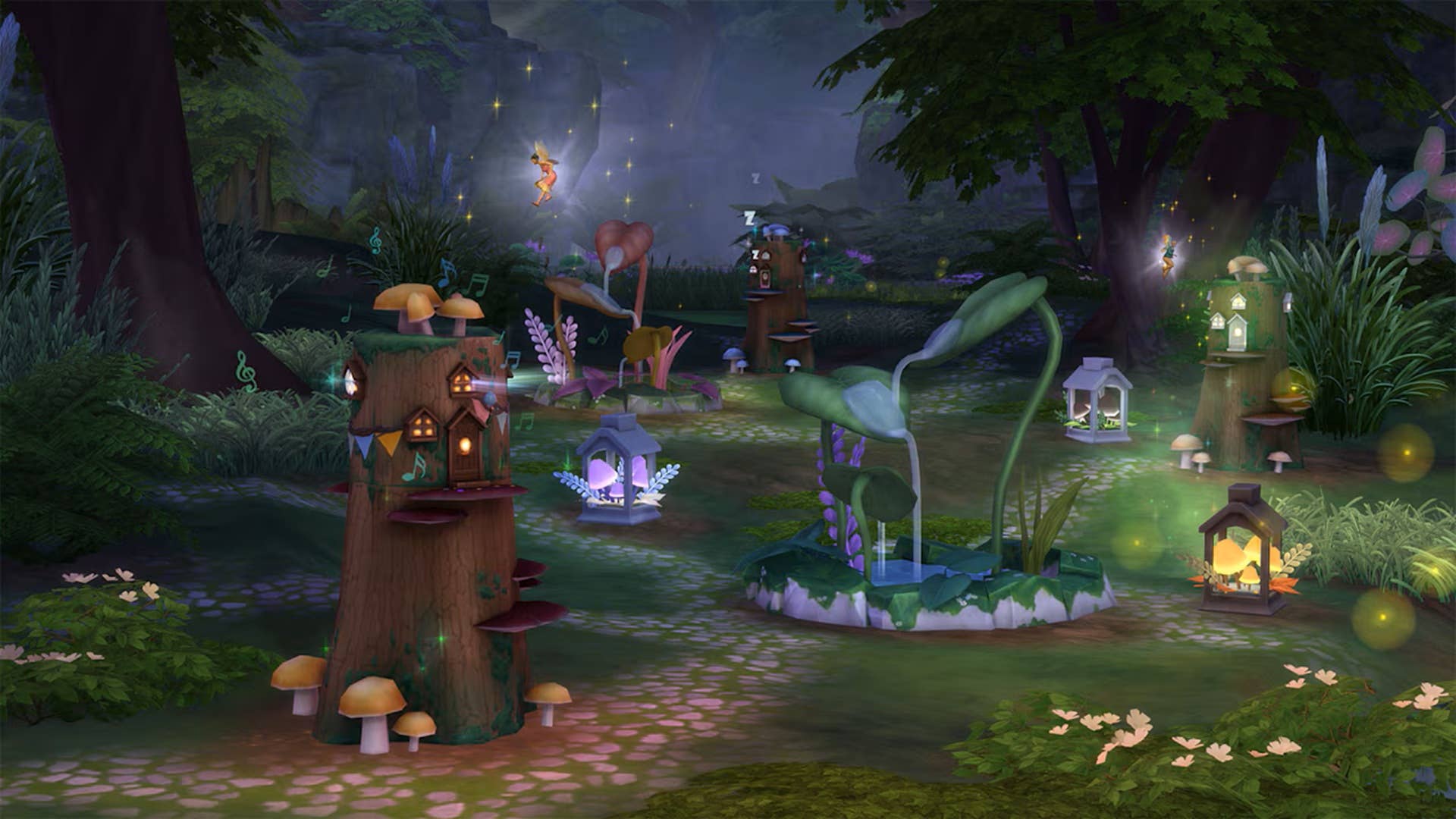








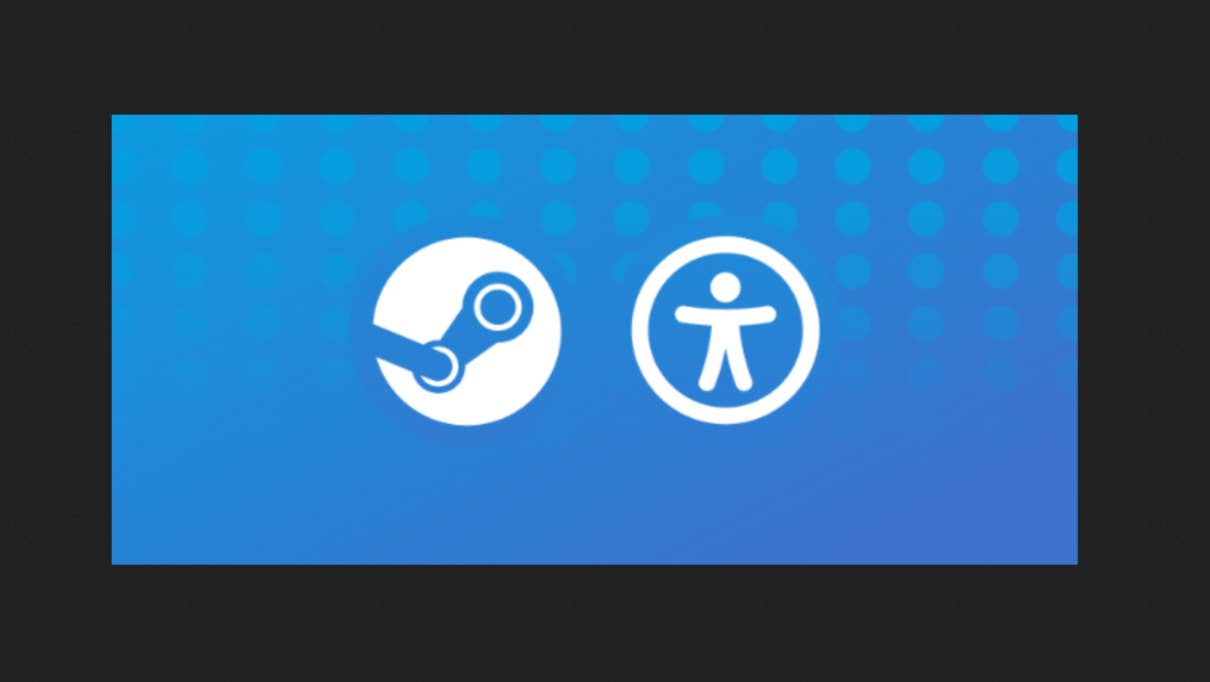






















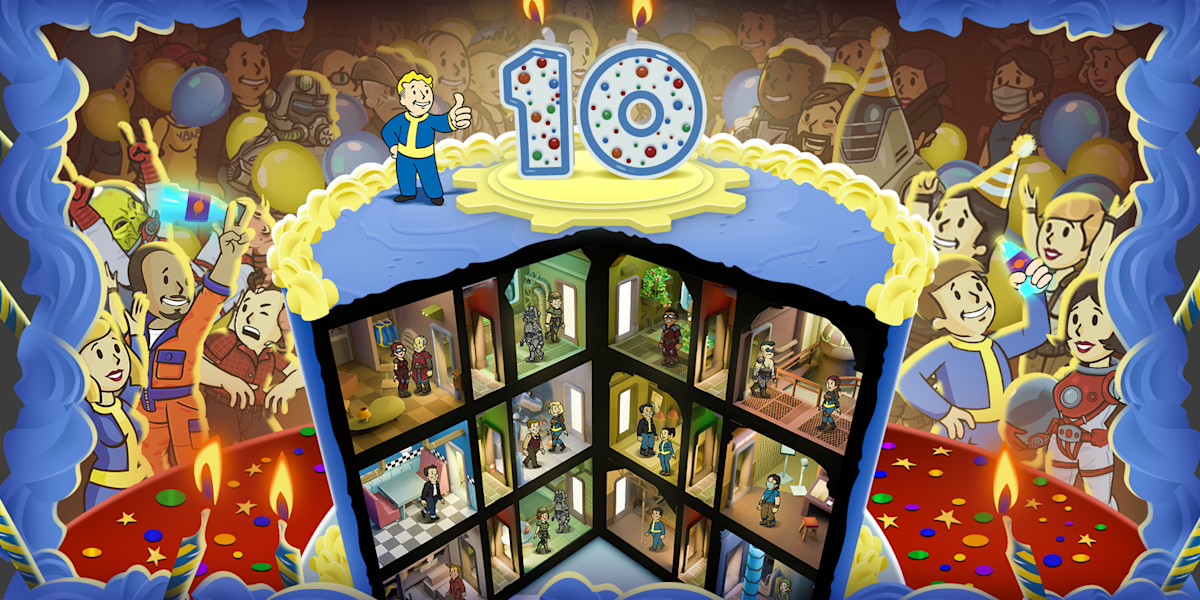





































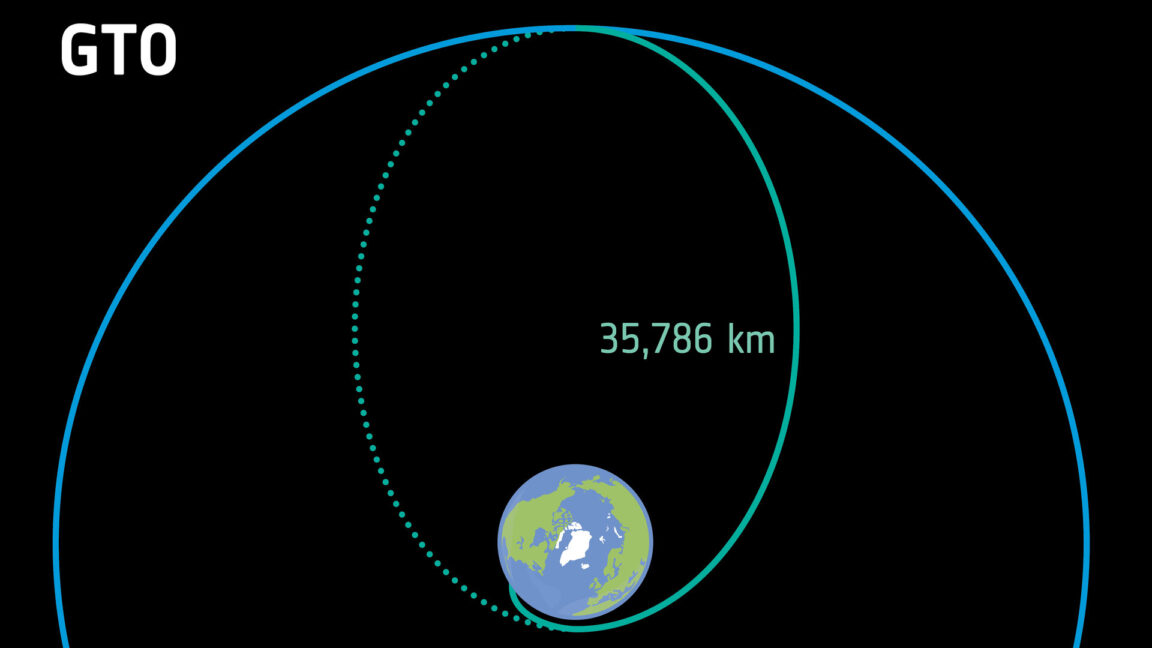


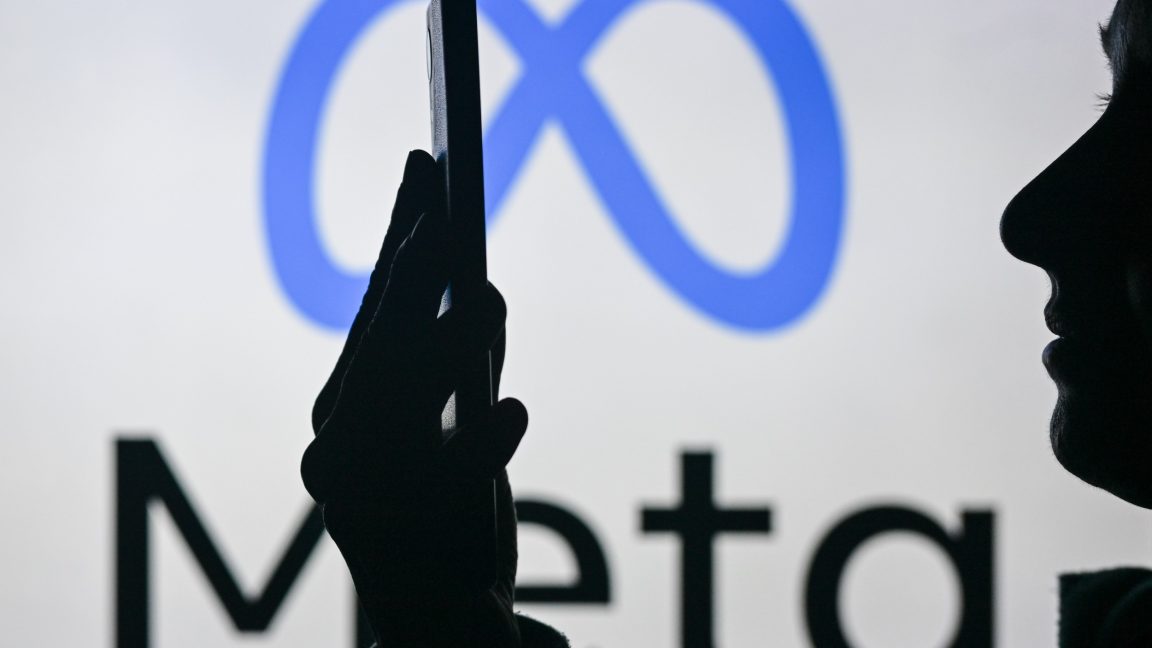









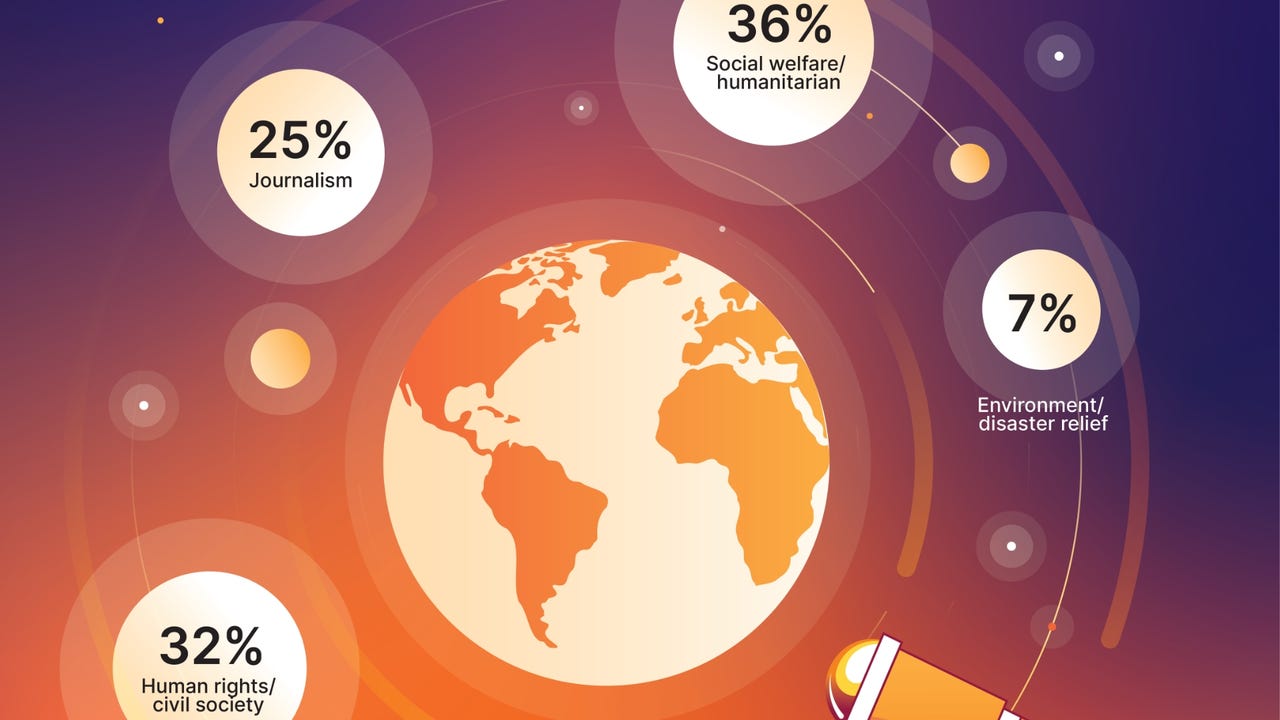
_designer491_Alamy.jpg?width=1280&auto=webp&quality=80&disable=upscale#)
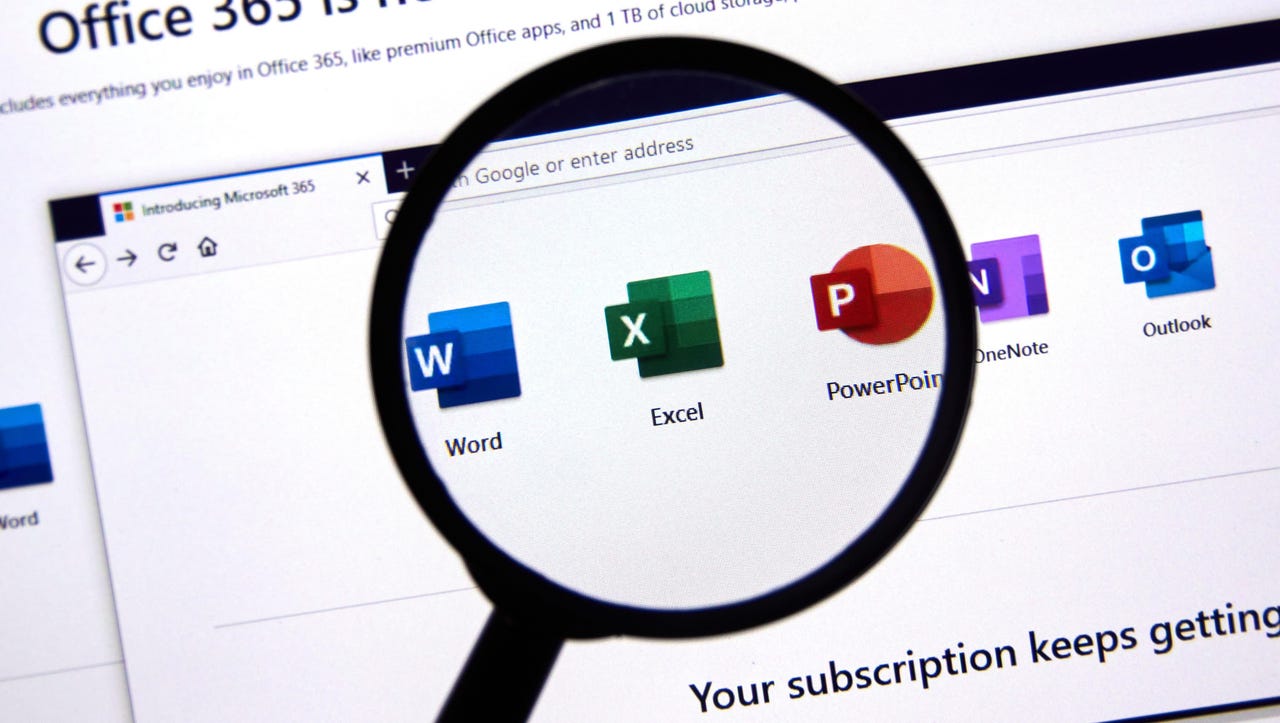






































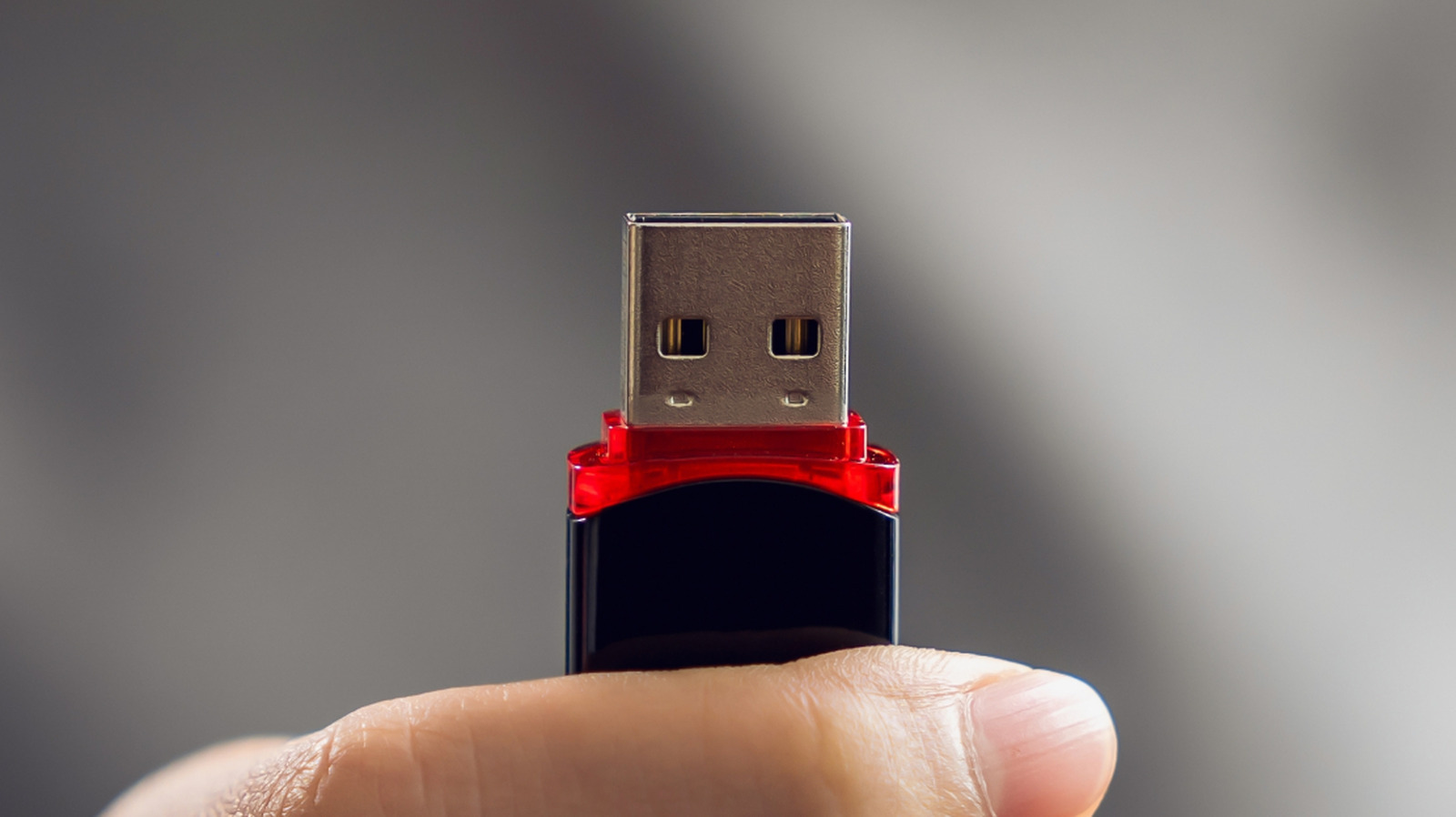



































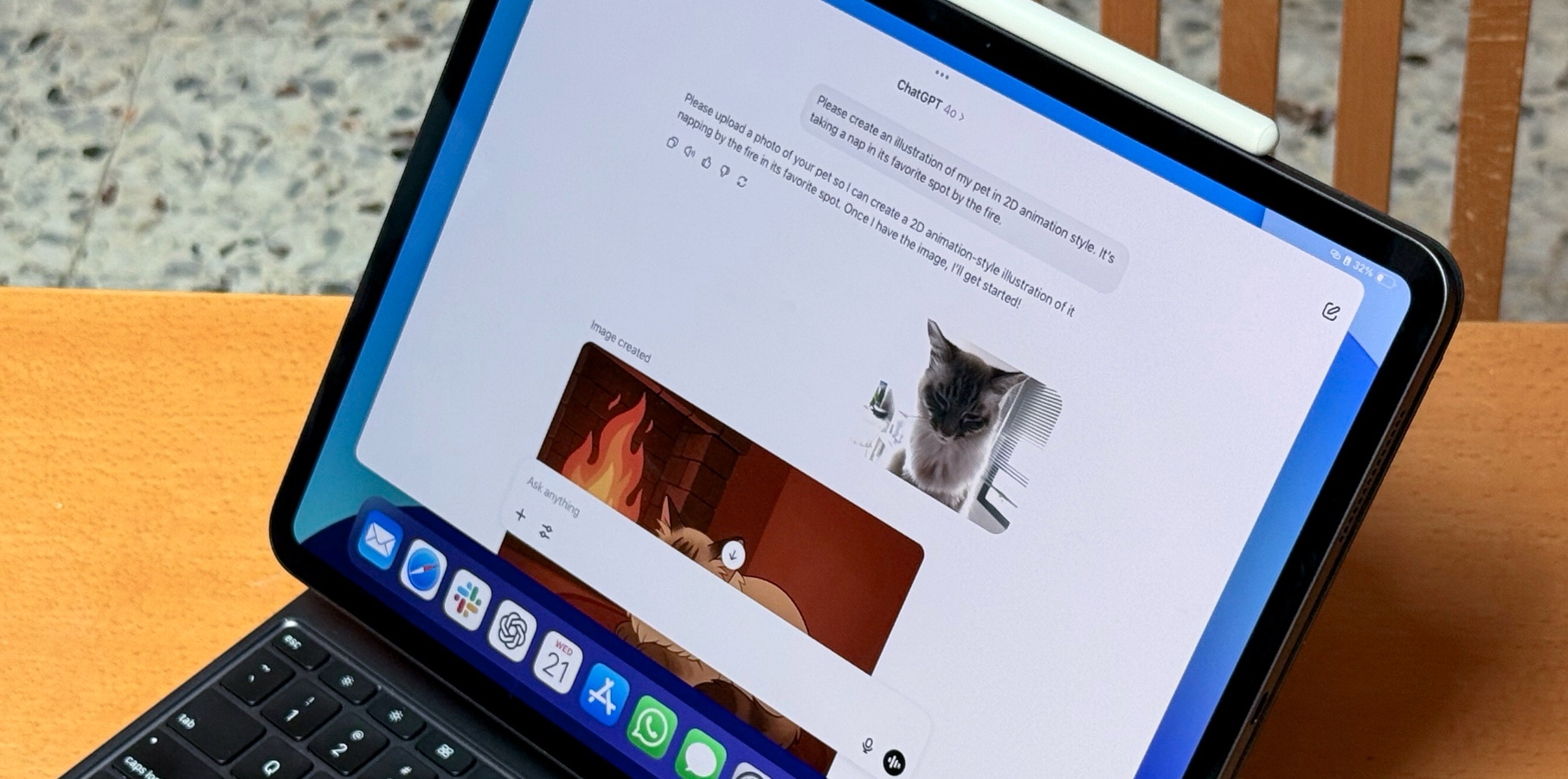




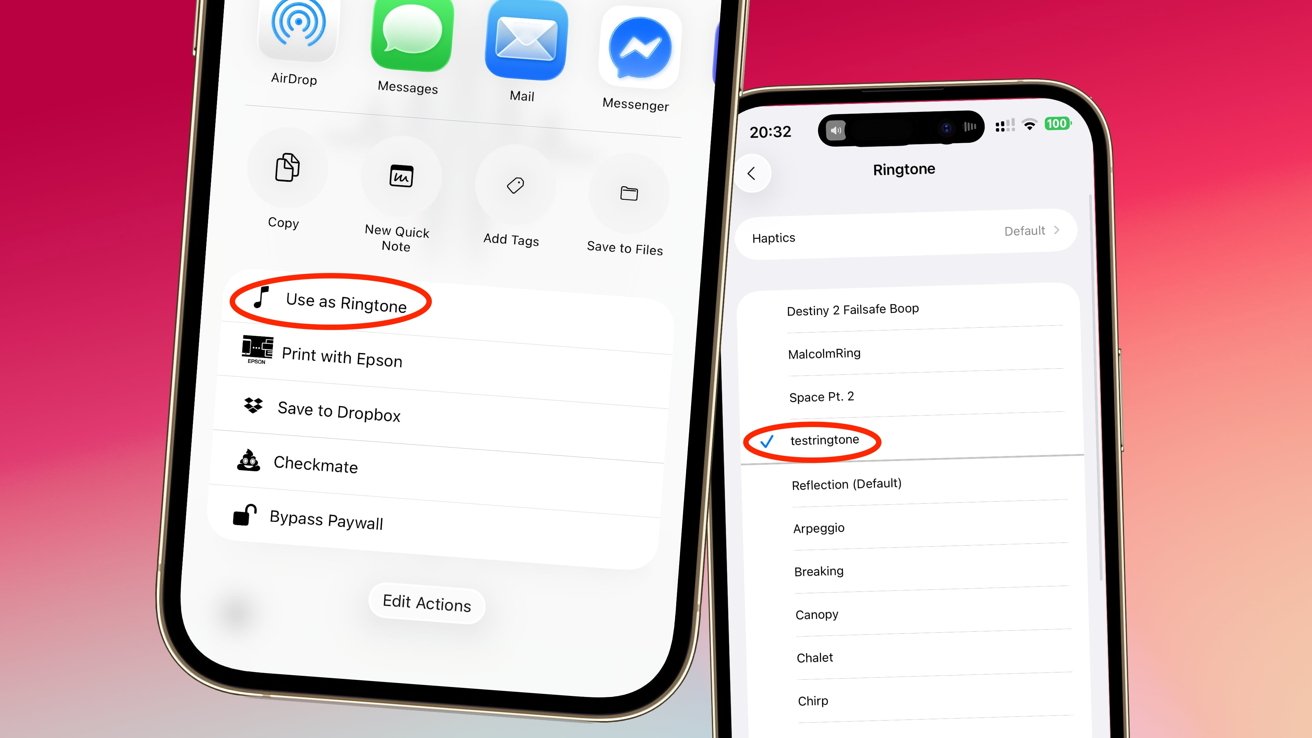
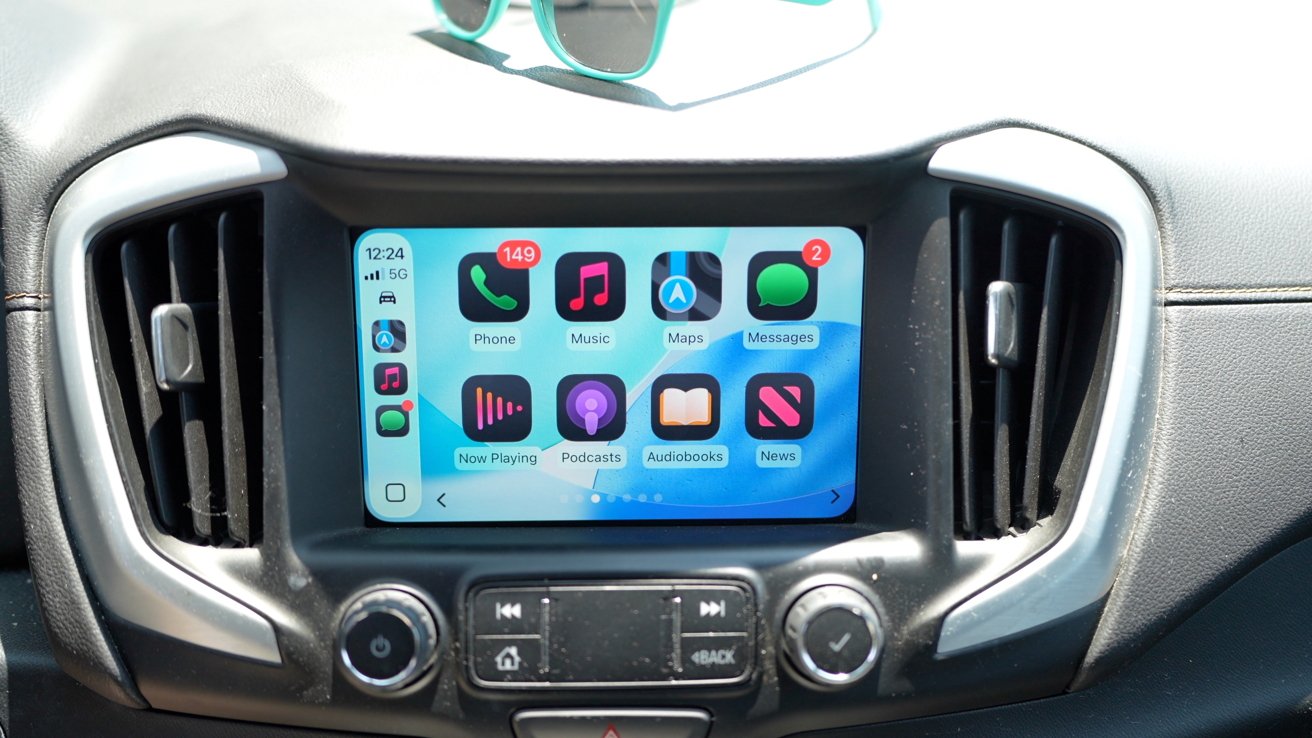
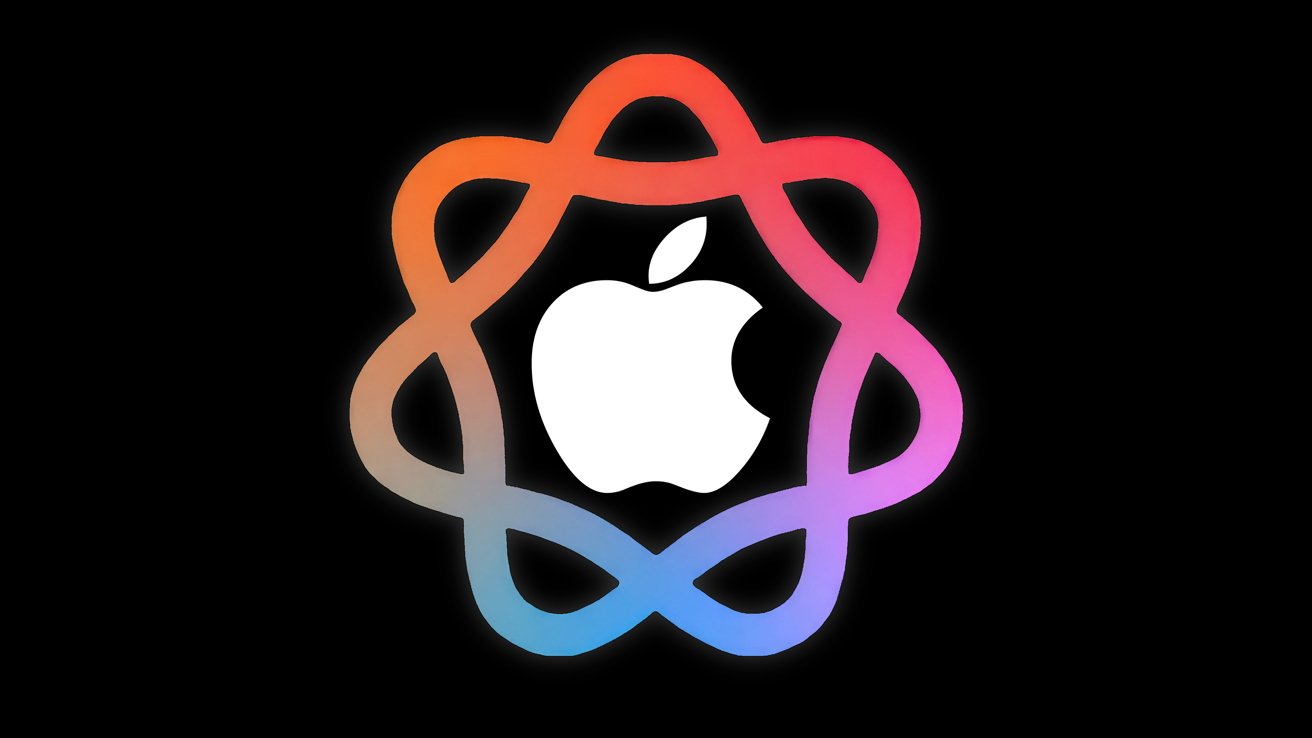



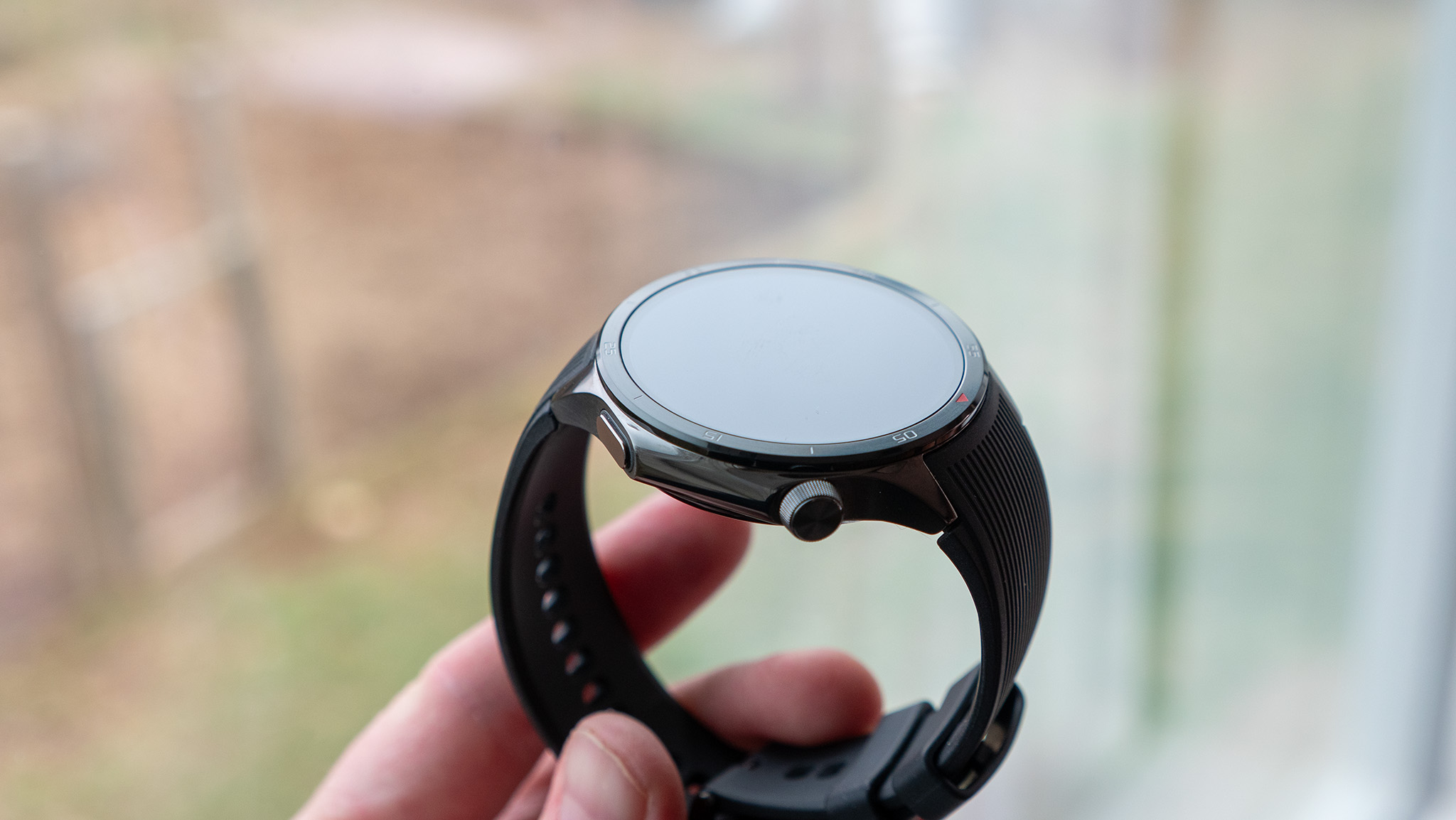
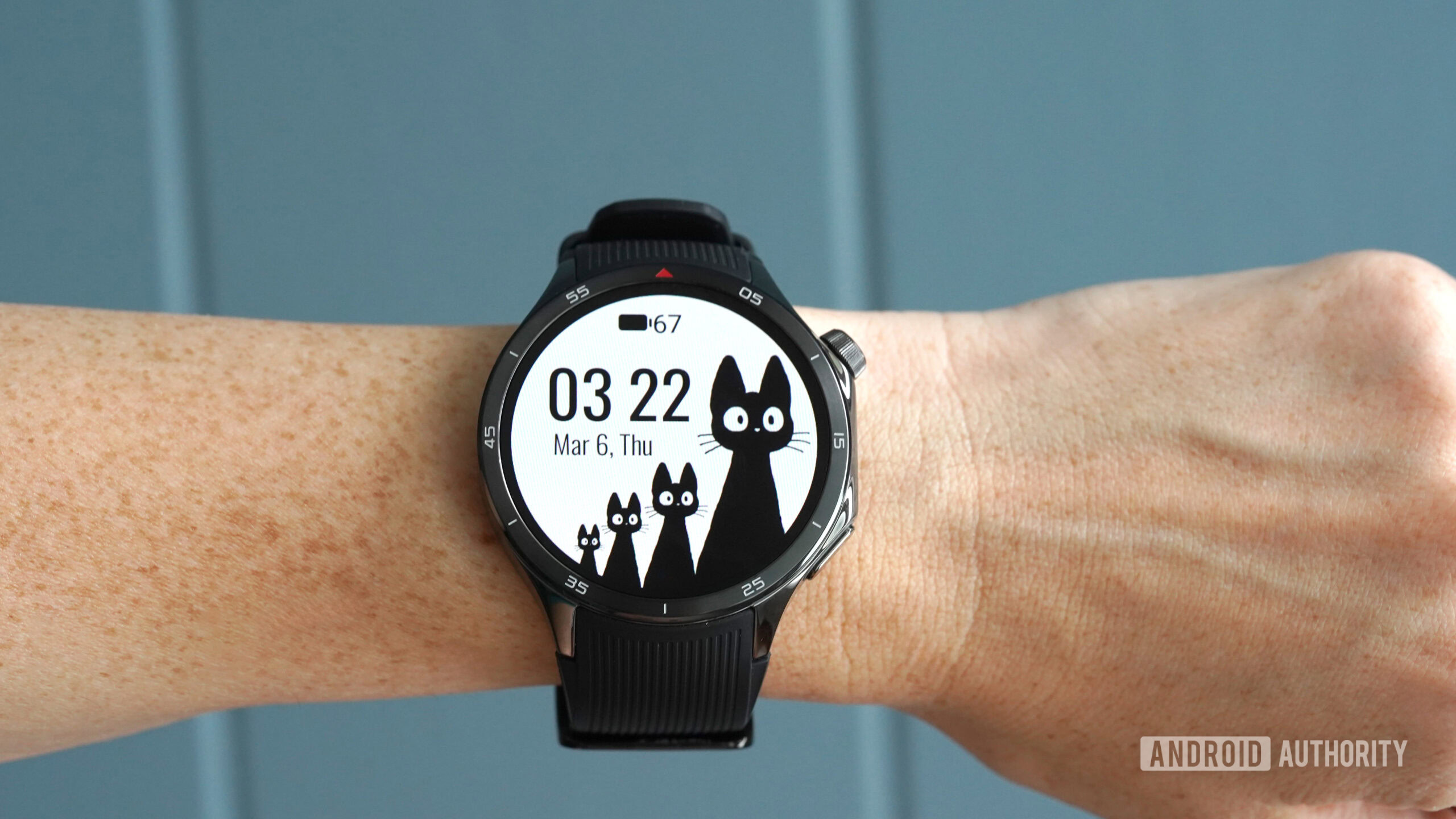
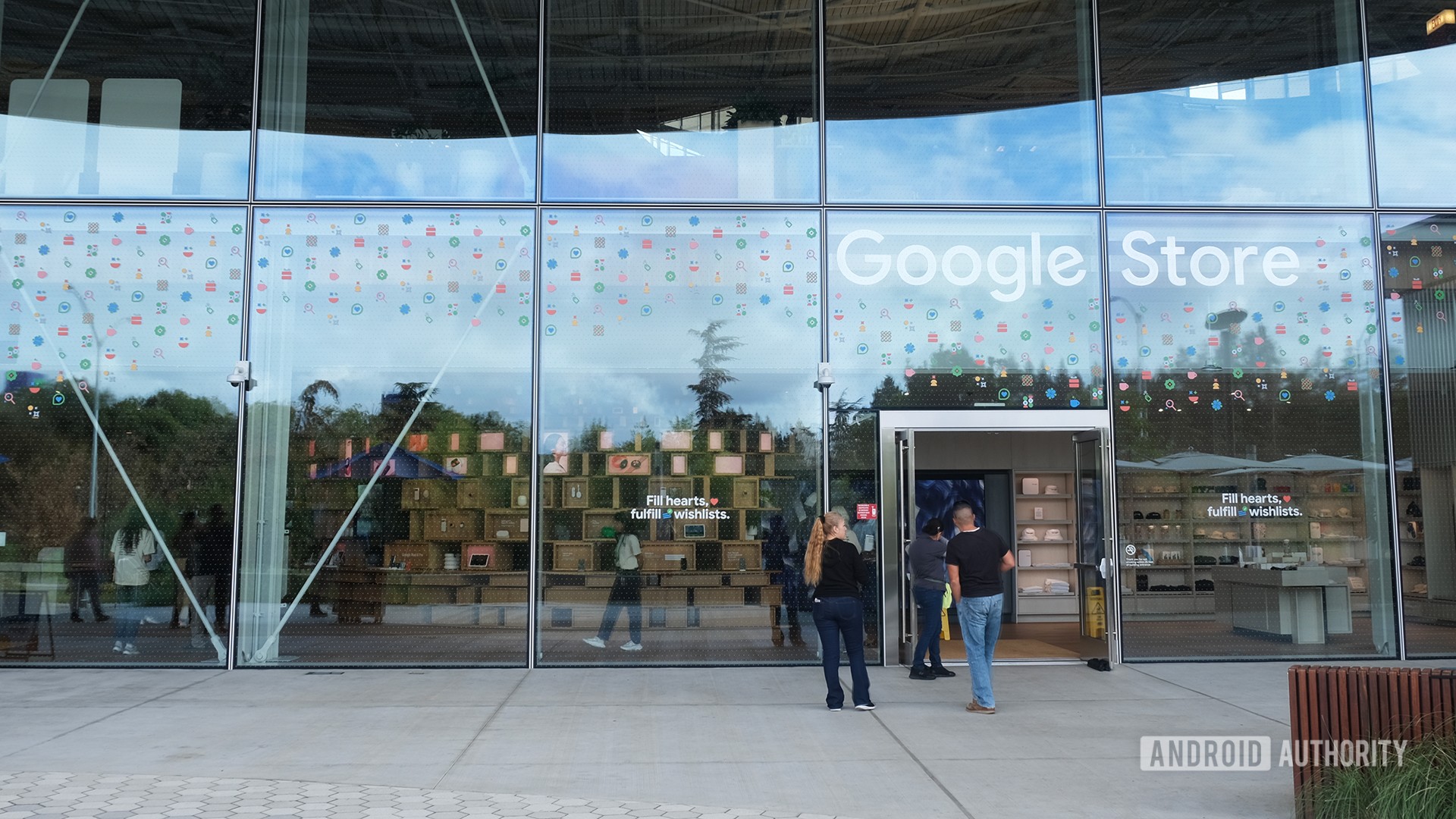

![PSA: Widespread internet outage affects Spotify, Google, Discord, Cloudflare, more [U: Fixed]](https://i0.wp.com/9to5mac.com/wp-content/uploads/sites/6/2024/07/iCloud-Private-Relay-outage-resolved.jpg?resize=1200%2C628&quality=82&strip=all&ssl=1)





















![Apple Shares Teaser Trailer for 'The Lost Bus' Starring Matthew McConaughey [Video]](https://www.iclarified.com/images/news/97582/97582/97582-640.jpg)



